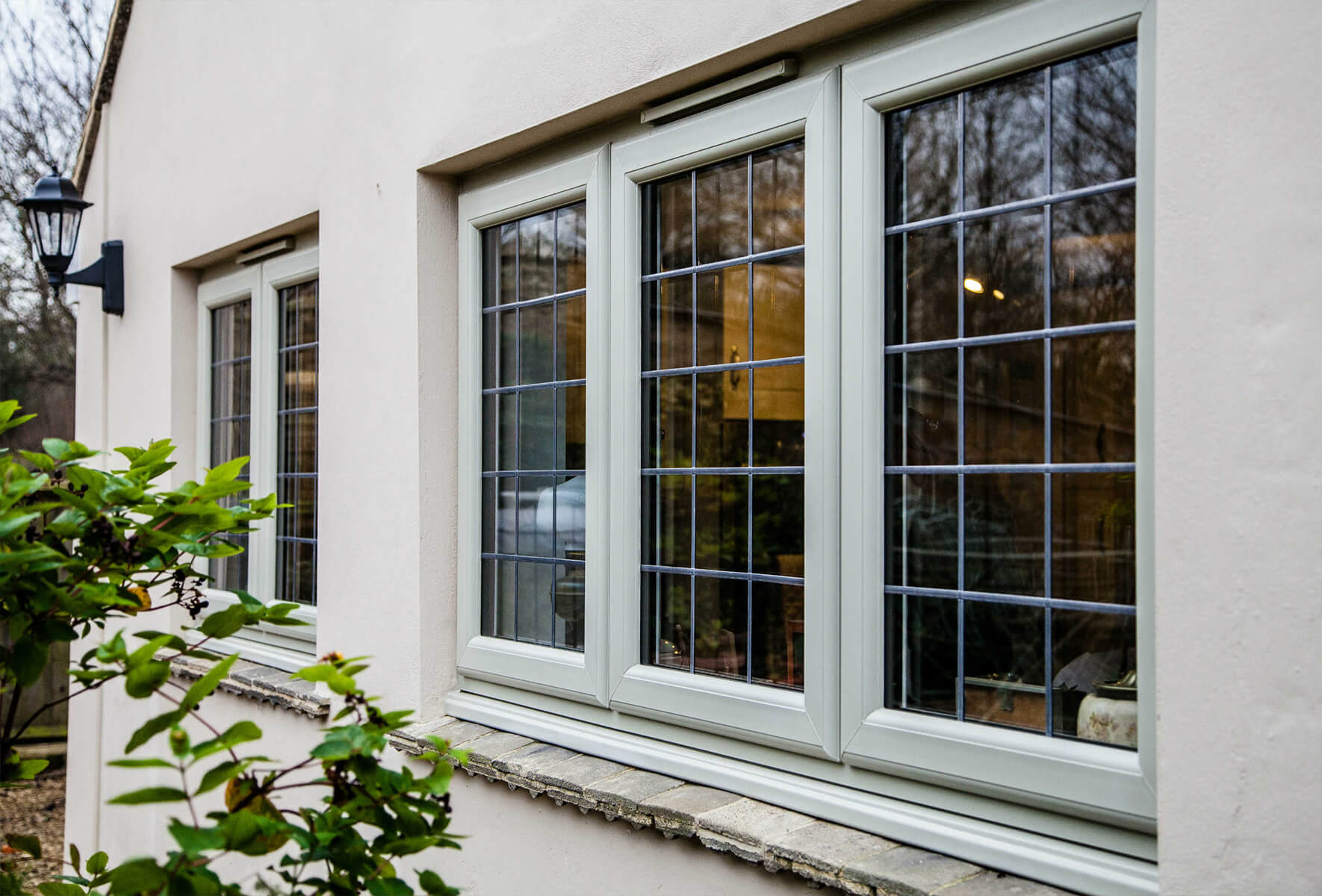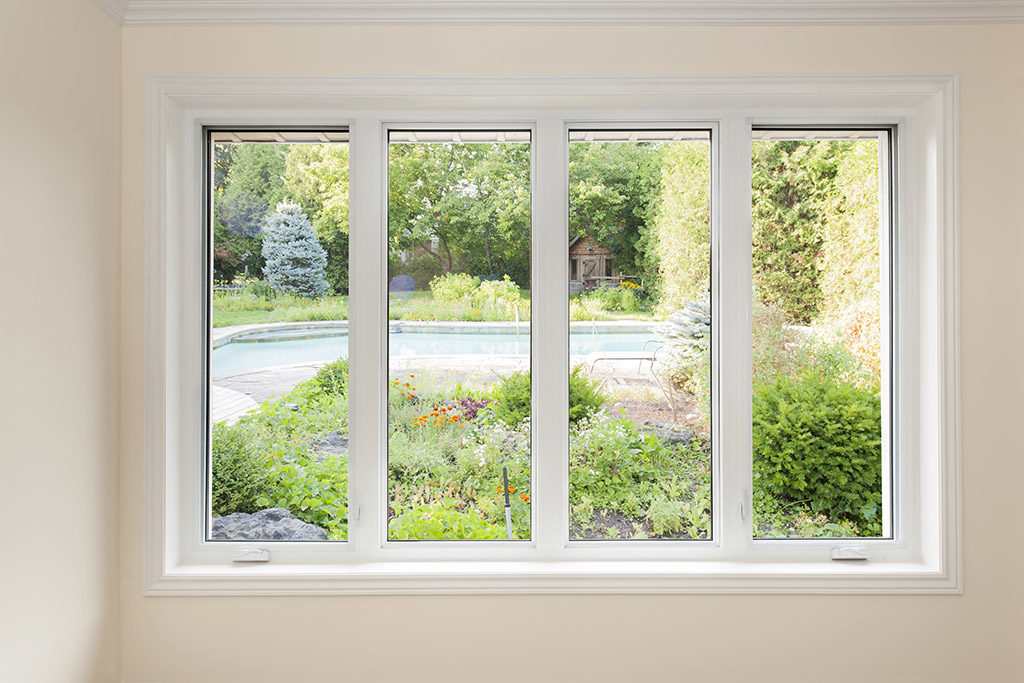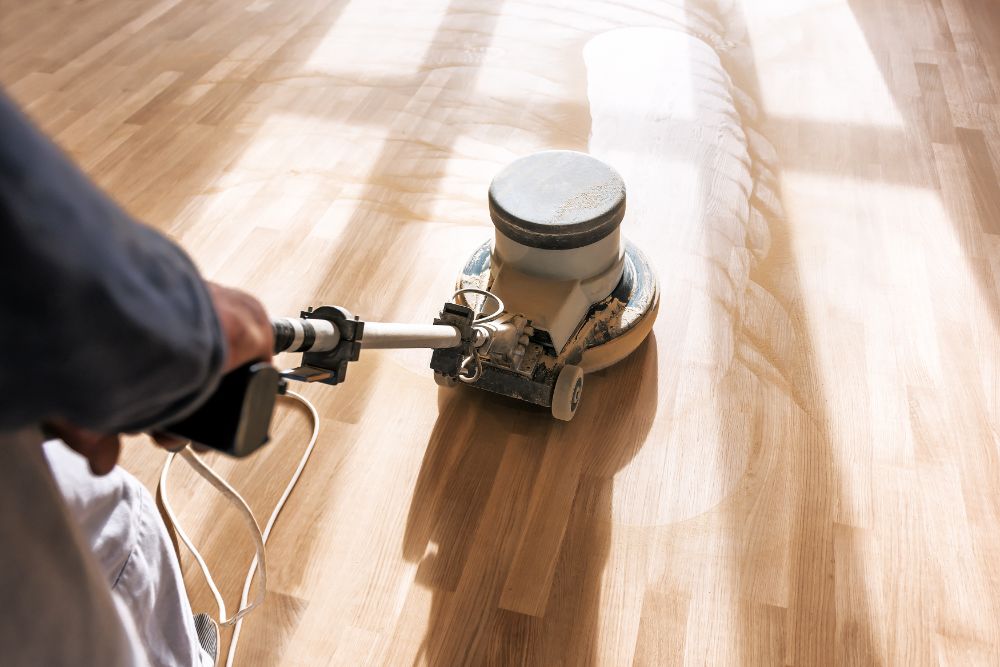
The U-value is one of the most important factors to consider when looking at your UPVC windows. It’s a measure of how well the window blocks heat and cold from entering or leaving the home.
Why Is Insulation so Important for UPVC Windows?
Insulation is an essential component of UPVC windows. It helps to keep the heat in and cold out, reducing energy bills and making your home more comfortable. Insulation also reduces condensation on the inside of your window frames, which can lead to mould growth on walls or ceilings (and eventually rot).
Insulation also helps reduce noise pollution by absorbing sound waves before they reach your ears–no one wants their neighbours’ arguments echoing through their home! Finally, insulation reduces draughts around windows by creating a barrier between them and the outside world.
Determining an Energy Rating for Your UPVC Windows
Before you begin to replace your windows, it is important to determine the energy rating of your current UPVC windows. The higher the energy rating, the better insulated and warmer your home will be. The U value is used to calculate this rating and can be determined by measuring how much heat escapes through each window during winter months (when there are no other sources of heat).
The U value is calculated using two factors: 1) how much heat escapes through each square meter of glass surface area; 2) how well insulated each side of the frame is from outside temperatures. To improve both these areas, consider adding additional layers or types of insulation around the frame so that less air can get in between them, and make sure that nothing blocks off any part where warm air might escape outwards into cold surroundings outside without being noticed quickly enough to be stopped.

The R-value is used in calculating the heat loss, or U value, for each window. This factor indicates how much insulation there is between the frame and outside temperatures. The higher this number is, the more effective your windows will be at keeping warm air inside and cold air out (during winter months).
UPVC Materials and Components Affecting Performance
The first thing to know about UPVC windows is that they are made from a variety of materials and components. These include:
- PVC (polyvinyl chloride), which is a thermoplastic material that’s resistant to corrosion and acids. This makes it ideal for use in the construction of UPVC windows, as it can withstand harsh weather conditions without wearing down over time.
- Glass or acrylic glass panels, which provide you with plenty of natural light while still keeping your home safe from intruders who might try to break through them by force.
- Resin glazing blocks that hold everything together so nothing falls apart during use!
Conclusion
We hope that this article has helped you understand the importance of UPVC windows, and how they can help you save money on your energy bills. The best way to ensure that your windows are efficient and long-lasting is by installing them with an expert who knows how to choose the right materials for your home.





